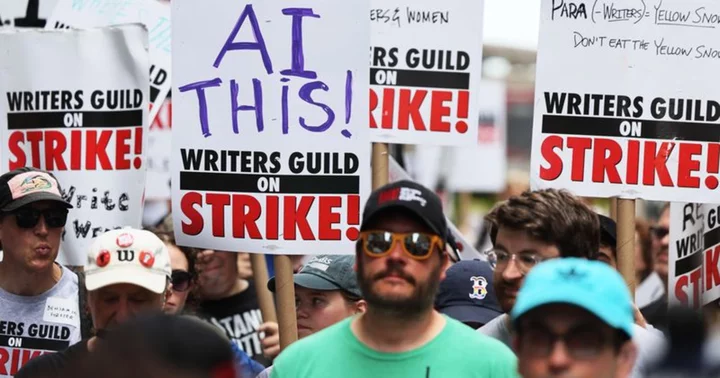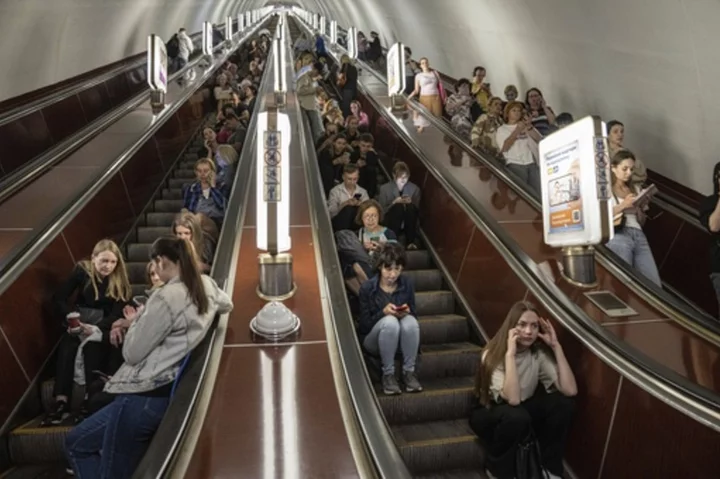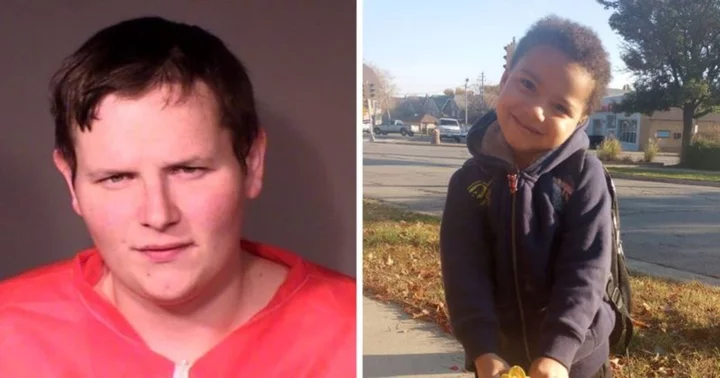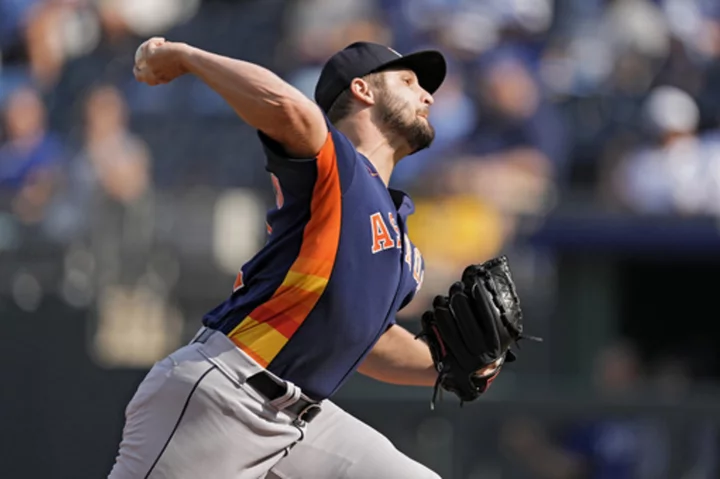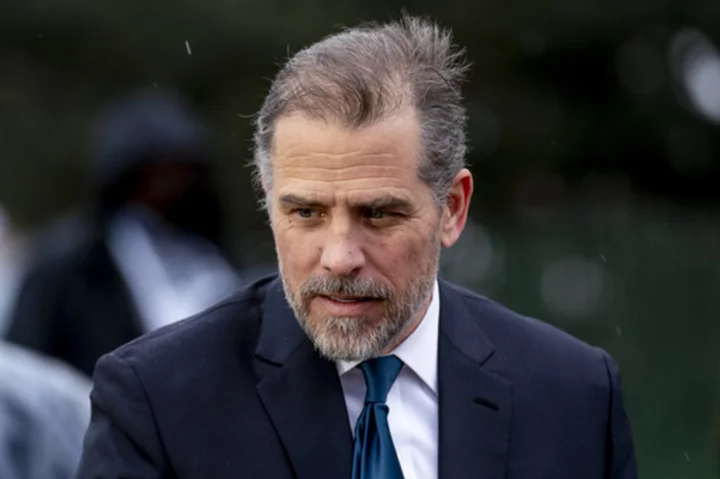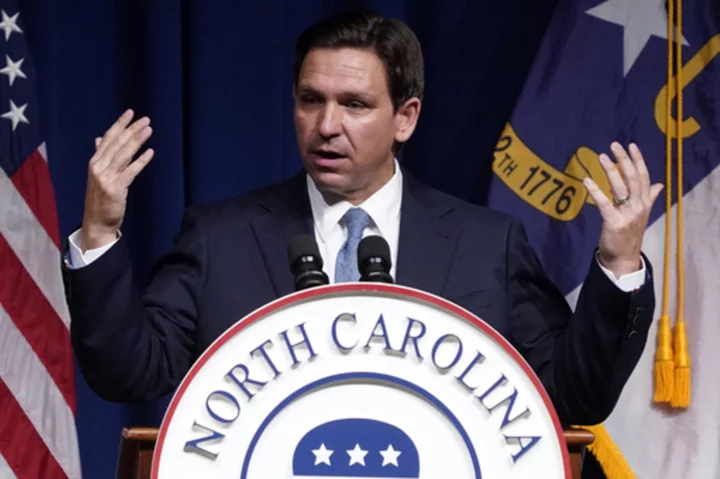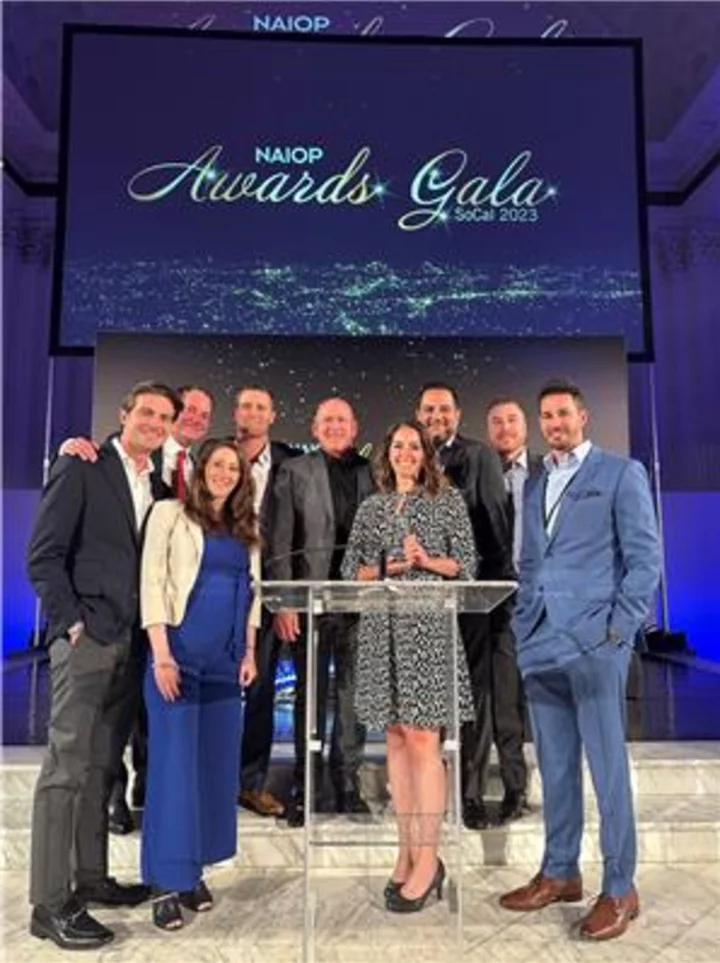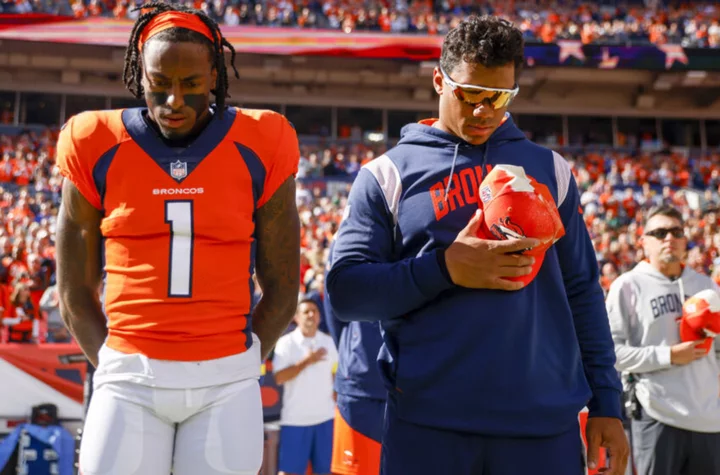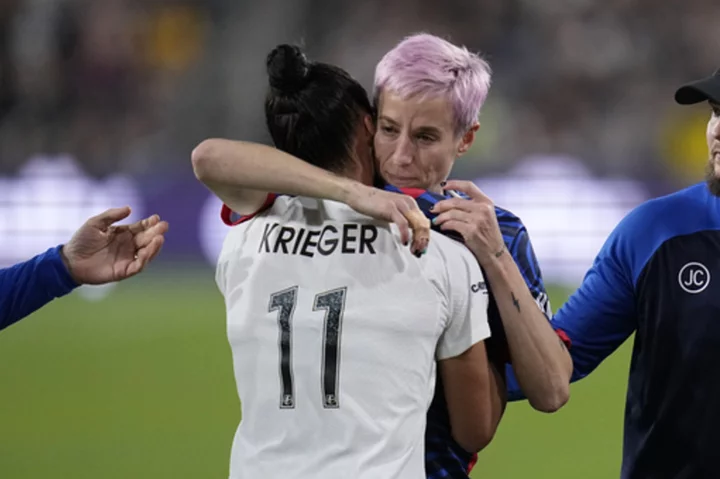LOS ANGELES, CALIFORNIA: Tensions between the Screen Actors Guild-American Federation of Television and Radio Artists (SAG-AFTRA) and the Alliance of Motion Picture and Television Producers (AMPTP) have escalated as the former declared a history-making strike. The strike, which is set to begin Thursday midnight, has been prompted by disagreements over proposed contract terms and negotiations. The AMPTP unveiled its proposal to the union on Thursday, July 13. The future of the entertainment industry now hangs in the balance as actors prepare to take to the picket lines along with the already striking writers.
AMPTP proposal falls short of union's expectations
The AMPTP's proposal, aimed at reaching a mutually beneficial contract, promises historic pay and residual increases, substantially higher caps on pension and health contributions, audition protections, shortened series option periods, and a groundbreaking artificial intelligence (AI) proposal to safeguard actors' digital likenesses. However, SAG-AFTRA has voiced strong opposition to the offer.
Duncan Crabtree-Ireland, SAG-AFTRA's chief negotiator and national executive director, responded to the AMPTP's proposal, accusing the producers of devaluing the work of union members. He particularly condemned the AI proposal, which would require background performers to surrender the rights to their digital likenesses indefinitely, without compensation. Crabtree-Ireland challenged the notion of this being a groundbreaking offer, urging the AMPTP to reconsider. "SAG-AFTRA remains steadfast in their commitment to devalue the work of our members," stated Crabtree-Ireland, responding to the AMPTP's proposal. "If you think that's a groundbreaking proposal, I suggest you think again."
Union leaders highlight disparity in negotiations
SAG-AFTRA president Fran Drescher echoed Crabtree-Ireland's sentiments, highlighting the significant gap between the two sides on multiple issues. Drescher criticized the studios for pleading poverty while simultaneously granting excessive payouts to top executives, suggesting a lack of financial priorities. "The two sides remain far apart on so many things," said Drescher. "Studios plead poverty while top executives receive bloated payouts."
The AMPTP, in response to the strike declaration, expressed disappointment at the union's decision, emphasizing the detrimental impact it would have on the industry and the countless thousands of people who rely on it. The organization noted that a strike was not the outcome they had hoped for, as studios cannot operate without the performers who bring TV shows and films to life. "A strike is certainly not the outcome we hoped for as studios cannot operate without the performers that bring our TV shows and films to life," stated the AMPTP. "The Union has regrettably chosen a path that will lead to financial hardship for countless thousands of people who depend on the industry."
What have the studios agreed to?
The AMPTP's proposal, which SAG-AFTRA has chosen to forgo in favor of the strike, includes the following components:
- The highest percentage increase in minimums in 35 years.- A 76% increase in High Budget SVOD foreign residuals.
- Substantial increases in pension and health contribution caps.
- A groundbreaking AI proposal protecting performers' digital likenesses, with consent requirements for the creation and use of digital replicas or alterations of performances.
- A 58% increase in salaries for major role (guest star) performers' wages on High Budget SVOD Programs.
- Limitations on self-tape requests, including page, time, and tech requirements, with options for virtual or in-person auditions.
- An 11% pay increase in year 1 for background actors, stand-ins, and photo doubles, with additional increases for extensive self-styling and stand-ins delivering lines during run-throughs and photo doubles memorizing and delivering lines on camera.
- First-time-ever fixed residuals for Stunt Coordinators on television and High Budget SVOD programs.
- Shortened option periods for series regulars earning less than $65,000 per episode on a half-hour series or less than $70,000 per episode on a one-hour series.
- Dancers will now receive the on-camera rate for rehearsal days.
At midnight on Thursday, Hollywood actors will initiate a strike following the breakdown of talks with studios. This action comes as a parallel to the ongoing strike by film and television writers who have been picketing since May, leading to significant disruptions in the production of numerous shows and movies.The occurrence of dual work stoppages in the entertainment industry is a rare event, with the last instance taking place 63 years ago. The studios now face the challenge of halting many productions both in the United States and internationally. This double blow of strikes will further exacerbate the economic impact already caused by the writers' walkout, intensifying the challenges faced by an industry grappling with transformative changes to its business model.

